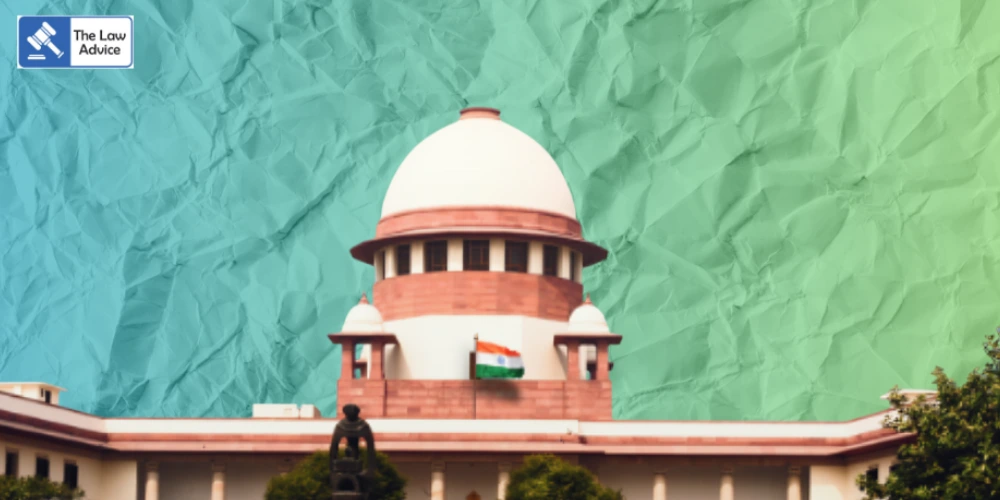The Supreme Court of India has raised serious doubts over the Madhya Pradesh Police’s conclusion in a case involving the death of a 17-year-old trainee, which was treated as a suicide. The Court questioned whether it is even practically possible for a person to shoot himself in the chest with a rifle and directed the State to explain if all angles, including the possibility of homicide, were duly investigated.
A Bench of Justices Manoj Misra and Ujjal Bhuyan observed:
“To our understanding whether a person would be able to use a rifle to shoot himself on the chest needs examination. In such circumstances, we deem it appropriate to require the State to file an affidavit whether the investigating agency has investigated all aspects of the matter including possibility of a murder.”
The Supreme Court sought a detailed affidavit from Madhya Pradesh Police, directing it to disclose:
• Whether the autopsy report and forensic findings supported the suicide theory.
• Details about the seizure, length, and usability of the rifle allegedly used.
• The material collected during the investigation.
The case arises from a tragic incident involving the petitioner’s son, a 17-year-old boy enrolled in a shotgun shooting training academy in Bhopal. A dispute reportedly arose between him and respondent No. 2 (another trainee), who accused him of stealing ₹40,000.
According to the petitioner, respondent No. 2 and other students subjected the deceased to harassment. They allegedly snatched his phone, sent out messages admitting guilt on his behalf, and physically assaulted him. Unable to withstand the humiliation and pressure, the boy purportedly died by suicide.
Before his death, the deceased confided in a friend and his sister that he intended to end his life. He even left a suicide note with a friend, wherein he named and blamed fellow students (including respondent No. 2) for driving him to take the extreme step.
Procedural History
• Initially, an FIR was registered after about a month under Section 107 of the Bharatiya Nyaya Sanhita (BNS), 2023.
• The Sessions Court rejected respondent No. 2’s anticipatory bail plea.
• However, the Madhya Pradesh High Court granted anticipatory bail, observing that the deceased himself had chosen to take his life.
The High Court order, according to the petitioner, not only trivialized the death of his minor son but also shifted the blame onto the deceased for being unable to “handle the pressure.” The petitioner further submitted that the High Court mistakenly considered the boy’s age as 18, while he was in fact 17 years old, thereby attracting the graver offence of abetment of suicide of a minor under BNS provisions.
The apex court expressed doubt about the feasibility of the suicide theory itself, given the weapon involved. Its directions aim to ensure that no possible foul play or custodial manipulation is overlooked, particularly since respondent No. 2 allegedly belongs to an influential family and has not cooperated with the investigation so far.
The Supreme Court stressed that custodial interrogation may be necessary in such sensitive cases where allegations of harassment, blackmail, and abetment are involved.
Case Details
• Case Title: Arun Kumar Raghuwanshi v. State of Madhya Pradesh & Anr.
• Case Number: SLP (Crl) No. 9053 of 2025
• Petitioner’s Counsel: AoR Sumeer Sodhi, Advocates Varun Tankha, Inder Dev Singh, Vipul Tiwari, and Harshit Bari.
• Respondents’ Counsel: DAG V.V.V. Pattabhiram, AoR Mrinal Gopal Elker, Advocates Gautam Singh and Aditya Chaudhary.
